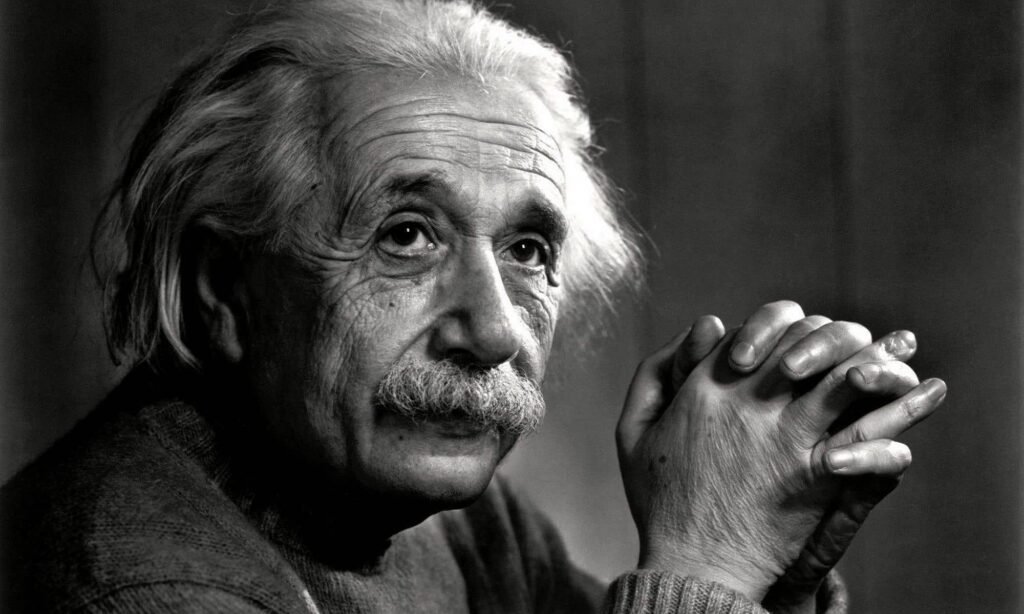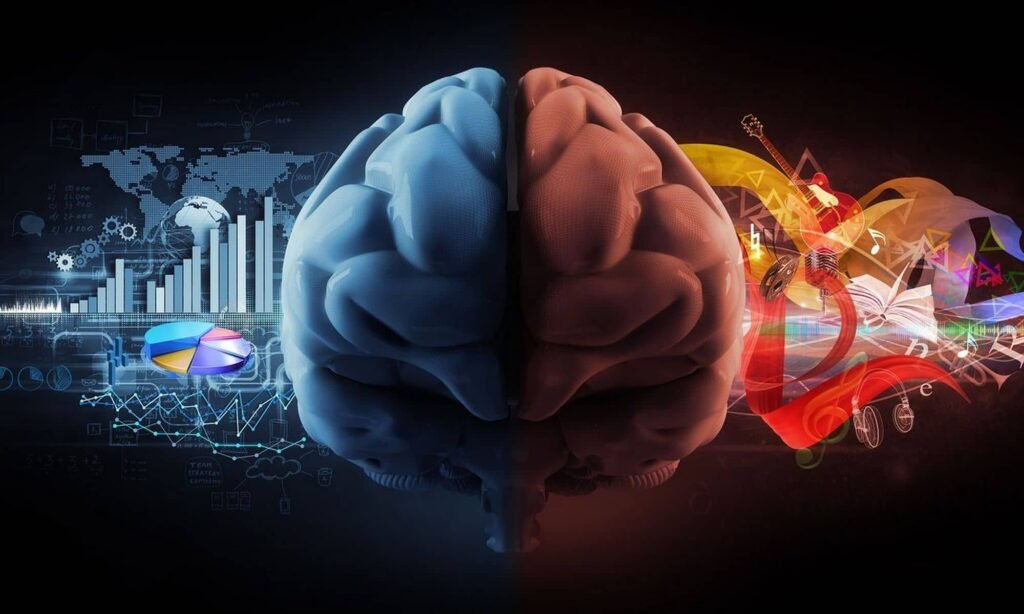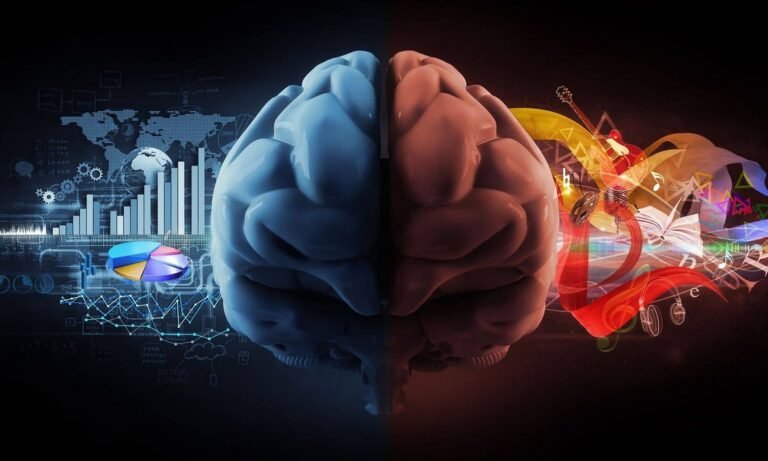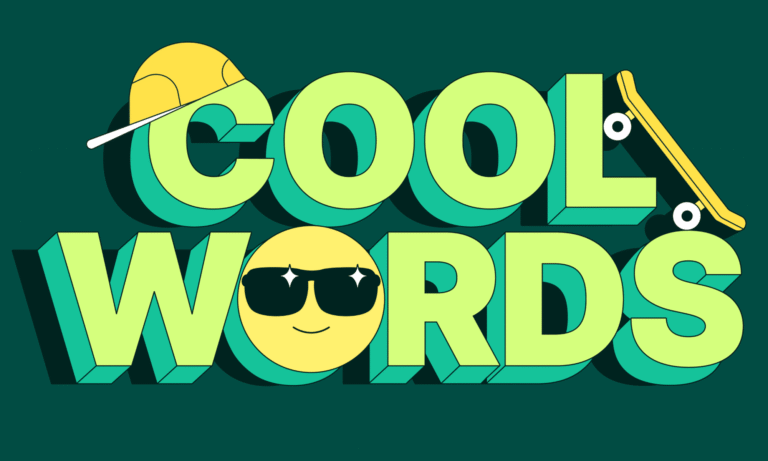Cognitive outliers represent a unique subset of individuals whose thinking patterns and cognitive profiles significantly diverge from the average or neurotypical population. These individuals might exhibit exceptional abilities in specific areas, such as mathematics, music, or visual arts, while also possessing unconventional thought processes that can challenge traditional views of intelligence. Unlike neurotypical individuals, who typically display cognitive functioning within a standard range, cognitive outliers operate on a varying spectrum that often includes heightened creativity or analytical skills.
One of the defining characteristics of cognitive outliers is their ability to think outside conventional frameworks, resulting in innovative solutions and novel ideas. For instance, many cognitive outliers are known to approach problems from unique angles, which can lead to groundbreaking discoveries or advancements in their respective fields. This distinct perspective often stems from a combination of various cognitive traits, such as high intelligence, exceptional memory, or intense focus on specific interests, giving them a definitive edge when exploring complex concepts.
Additionally, cognitive outliers may struggle with social interactions or find it challenging to relate to the experiences of neurotypical individuals. This disparity does not diminish their capabilities; rather, it highlights the rich diversity that exists within cognitive functioning. The differences manifested by cognitive outliers can sometimes lead to misunderstandings or societal challenges, but they ultimately contribute to a broader range of human experience and thought. By understanding cognitive outliers and acknowledging their distinctive characteristics, we can appreciate the varied landscape of intelligence and the ways in which it can express itself.
Some well-known People recognized as being Cognitive Outliers
| Name | Field | Why Considered a Cognitive Outlier |
|---|---|---|
| Albert Einstein | Physics | Nonlinear, visual thinker; revolutionized physics with relativity. |
| Nikola Tesla | Engineering | Designed complex systems mentally; obsessive focus and visual imagination. |
| Leonardo da Vinci | Art & Science | Restless curiosity, polymathic mind; possible ADHD-like traits. |
| Vincent van Gogh | Art | Intense perception and expression; lived with atypical neurological/mental states. |
| Steve Jobs | Technology | Obsessive perfectionism; unconventional leadership and product vision. |
| Mark Zuckerberg | Technology | Atypical social/cognitive style; disruptive approach to communication. |
| Richard Branson | Business | Dyslexic; reframed difference into creative entrepreneurial strength. |
| Greta Thunberg | Activism | Autistic; credits her divergent perspective for clarity in climate advocacy. |
| Sir Anthony Hopkins | Acting | Asperger’s diagnosis; intense focus and memory aid his craft. |
| Stephen Hawking | Physics | Despite ALS, reshaped cosmology and black hole theory. |
| John Nash | Mathematics | Schizophrenia shaped his struggles and insights in game theory. |
| Temple Grandin | Animal Science | Autistic; visual thinking transformed livestock handling worldwide. |
The Advantages and Disadvantages
Cognitive outliers, individuals whose thinking patterns diverge significantly from the norm, often experience a unique blend of benefits and challenges in their personal and professional lives. One notable advantage is their enhanced creativity. Many cognitive outliers possess the ability to think divergently, which allows them to generate innovative ideas and solutions. This quality is particularly valuable in fields such as art, technology, and science, where unconventional thinking can lead to breakthroughs. Additionally, their problem-solving skills are often exceptional. Cognitive outliers frequently approach challenges from unique angles, allowing them to devise strategies that others may overlook.
Moreover, cognitive outliers can drive innovation by introducing novel concepts and perspectives. Historical figures such as Albert Einstein or Steve Jobs exemplify this, having made significant contributions to their respective domains. Their capacity for unconventional thought not only advanced their fields but also inspired countless others to think independently and creatively. In many cases, their influence extends beyond their immediate discipline, reshaping cultural, social, or technological landscapes.
However, the journey of a cognitive outlier is not without its difficulties. Many face social isolation, as their distinct ways of thinking can lead to misunderstandings in traditional educational and work environments. Often, they struggle to relate to peers, resulting in feelings of alienation and loneliness. Furthermore, when their thoughts and methods do not align with conventional standards, they may encounter resistance or criticism, impacting their self-esteem and motivation.
In addition, cognitive outliers frequently experience challenges within structured systems like schools and workplaces, where standardization is emphasized. The traditional framework may not accommodate their learning or working styles, leading to frustration and disengagement. Thus, while being a cognitive outlier can facilitate remarkable achievements, it can also present significant obstacles that must be navigated. Recognizing both the advantages and disadvantages of cognitive diversity is essential for fostering environments where unique thinkers can thrive.
Cultivating an Inclusive Environment
Creating an inclusive environment for cognitive outliers requires intentional strategies that accommodate their unique cognitive profiles across educational, workplace, and social settings. To begin with, recognizing the importance of diversity in cognitive processing is essential. This diversity can enhance collaborative efforts, leading to innovative solutions. Recognizing and valuing different learning styles is a practical initial step in fostering an inclusive culture.
- In educational settings, employing differentiated instruction can significantly benefit cognitive outliers. This approach involves tailoring teaching methods and materials to suit varied learning preferences, thereby allowing all students to engage meaningfully with the curriculum. Offering multiple avenues for learning, such as visual aids, hands-on activities, and technology-integrated lessons, ensures that students with different cognitive styles can thrive.
- In the workplace, fostering an inclusive culture begins with implementing flexible work arrangements. Accommodating different working styles, whether through adapted communication methods or providing quiet spaces, enables cognitive outliers to operate at their optimal capacity. Encouraging collaboration amongst diverse teams can also unlock unique perspectives that drive creativity and resilience within the organization.
- Peer support and mentorship play critical roles in cultivating acceptance and understanding among individuals with varying cognitive strengths. Establishing mentoring programs where experienced individuals guide cognitive outliers can benefit both parties. Such relationships can facilitate skill development and enhance confidence while creating a supportive network that advocates for inclusiveness.
- Finally, raising awareness about cognitive diversity through training initiatives and workshops can dispel misconceptions and stereotypes. Engaging conversations around the strengths and challenges faced by cognitive outliers can foster empathy and cooperation, creating an environment where everyone feels valued and understood. By prioritizing inclusivity, we not only support cognitive outliers but also enrich our communities as a whole.
Ethical and Policy Dimensions
Creating an inclusive environment for cognitive outliers is not only a cultural or organizational choice but also an ethical imperative. Equity in education and employment requires frameworks that recognize atypical cognitive strengths without penalizing differences. Policies that emphasize flexibility – such as adaptive curricula, alternative assessment methods, and workplace accommodations – help ensure that cognitive outliers are not excluded from opportunities.
At the same time, ethical considerations extend beyond access. Organizations must guard against the exploitation of cognitive outliers, where their innovative capacity is celebrated but their well‑being neglected. True inclusivity means balancing recognition of exceptional contributions with safeguards for dignity, fair treatment, and sustainable workloads. Policymakers, educators, and employers share responsibility for designing systems that value diversity while protecting individuals from marginalization or misuse.
Societal Narratives and Representation
How society talks about cognitive outliers shapes whether they are embraced or misunderstood. Popular media often oscillates between portraying them as eccentric geniuses or as socially detached outsiders. These simplified images risk flattening the complexity of real individuals and reinforcing stereotypes that hinder acceptance. A more inclusive narrative highlights the spectrum of cognitive diversity, presenting outliers not as anomalies but as integral contributors to collective progress.
Representation in education and policy discourse is equally important. When cognitive diversity is acknowledged in textbooks, training programs, and public campaigns, it normalizes difference and fosters empathy. By reshaping narratives, society can move from tolerating cognitive outliers to valuing them as essential voices in the broader human story. Such recognition not only changes perception but also creates the conditions for genuine participation and long‑term inclusion.
The Future of Cognitive Research and Its Implications
The landscape of cognitive research is undergoing a substantial transformation, particularly with the growing recognition of cognitive diversity. This evolution is increasingly shedding light on how individuals known as cognitive outliers – those who exhibit atypical thinking patterns – can contribute to various fields. Recent studies suggest that harnessing the unique skills and perspectives of these individuals can unlock untapped potential in sectors ranging from technology to education.
One promising area of exploration involves examining how cognitive outliers can drive innovation. For instance, organizations are beginning to understand that a diverse cognitive pool facilitates creative problem-solving and fosters groundbreaking ideas. By integrating cognitive outliers into teams, companies can benefit from varied approaches to challenges, which may result in novel products and services. This shift not only encourages inclusivity but also demonstrates the pragmatic advantages of embracing cognitive differences in the workplace.
Moreover, advancements in educational frameworks are shaping how we view cognitive outliers. Tailored learning environments that accommodate diverse cognitive styles have shown promise in improving educational outcomes. As educational institutions increasingly adopt personalized teaching methods, they can create more inclusive settings that respect individual learning processes. This approach can empower cognitive outliers, helping them to flourish academically and socially.
In the realm of mental health, acknowledging cognitive differences can lead to more effective therapeutic practices. By promoting an understanding of cognitive diversity, mental health professionals can tailor interventions that resonate with individual experiences. This paradigm shift nurtures an inclusive environment for those who think differently, encouraging better mental health outcomes.
What’s More
The posts in My Blog feature reflective, story-driven pieces rooted in personal and societal insights.
The topics in My Interests explore abstract, philosophical ideas and their cultural and societal impact.
👁️ 7,605 Views


















